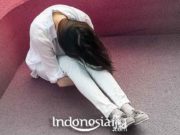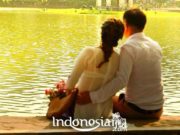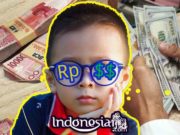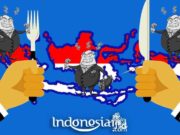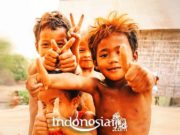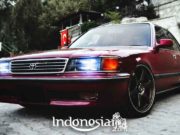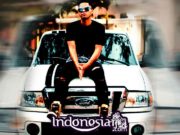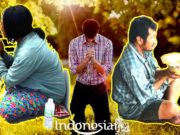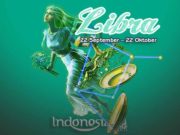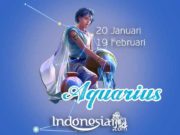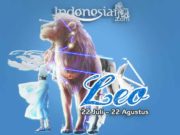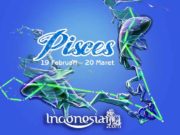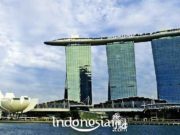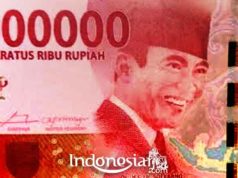Kaharingan is the original belief / religion of the Dayak tribe in Kalimantan, when major religions had not yet entered Kalimantan. Kaharingan means to grow or live, as in the term danum kaharingan (water of life). Kaharingan believes in God Almighty (Ranying Hatalla Langit), adopted from generation to generation and lived by the Dayak people in Kalimantan. Since the Indonesian government requires citizens and citizens to adhere to one of the religions recognized by the government of the Republic of Indonesia, since April 20, 1980 Kaharingan has been categorized as a branch of Hinduism (Hindu Kaharingan), as is the case with Tollotang in the Bugis tribe which has similarities in terms of the use of the means of life in carrying out rituals for sacrifices (offerings) which in Hinduism is called Yadnya which later became Hindu Tollotang.
This Kaharingan was first introduced by Tjilik Riwut in 1944, when he was a Resident of Sampit based in Banjarmasin. In 1945, the Japanese occupation proposed Kaharingan as the mention of the Dayak religion. Meanwhile during the New Order era, its followers integrated with Hinduism, becoming the Hindu Kaharingan.
Gradually, Kaharingan had a place of worship called Balai Basarah or Balai Kaharingan. Their religious holy books are Panaturan and other religious books, such as Talatah Basarah (Collection of Prayers), Tawur (instructions for asking God’s help by sowing rice ceremonies), and so on.
Until now, Kaharingan adherents are still fighting for their rights, namely the Kaharingan, which is the belief of their ancestors from generation to generation to be recognized as a religion in Indonesia. The absence of recognition of the Kaharingan as a religion makes it difficult for the Meratus indigenous people. When making the E-KTP, the Dayak Meratus indigenous people must leave their religion column blank. Based on the records of Kedamangan Dayak Meratus, the community until 2003 had 60,000 members, about two percent of the population of South Kalimantan, which now numbered 3.6 million.
In East Malaysia (Sarawak and Sabah), these Dayak beliefs and Momolianism are not recognized as part of the Hindu community, so they are considered as people who have not followed any religion. The Dayak community in Malaysia does not recognize Hinduism. Most Dayaks in Malaysia are Christian.
The Hindu Kaharingan religious leader organization is the Great Council of Hindu Kaharingan Religion (MBAHK) which is headquartered in Palangka Raya City, Central Kalimantan.
Source : wikipeda





